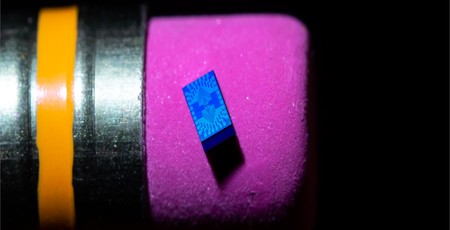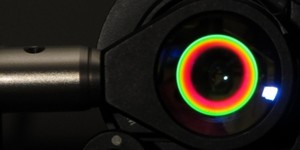
Chip giant Intel has announced what it claims is a major new step towards quantum computing: a 'spin qubit' chip, fabricated in the company's D1D facility in Oregon using the same manufacturing techniques as traditional semiconductors.
Considered by many in the industry to be the next big thing in computing, at least for certain classes of problems, quantum computers replace the binary bits of traditional computers with so-called 'quantum bits' or qubits. Where a bit can hold either a zero or one value, a qubit is technically capable of being both zero and one at the same time - greatly increasing performance for various workloads. While current quantum computers are extremely limited in scope - one of the largest, Google's recently-announced and prototypical Bristlecone processor having a mere 72 qubits - every year brings developments which put larger quantum computers closer to mainstream commercialisation.
Intel, naturally, is keen to be at the forefront of any such commercialisation, and has announced the creation of a 'spin qubit' chip using the same fabrication facilities as its mainstream binary processors. The chip, which has the slight drawback of only functioning at an operational temperature below -273°C, uses qubits 50nm in size - significantly smaller than any it has produced before and, the company claims, key to the potential of scaling the chip up to feature 'thousands or even millions of qubits' for a system 'vastly more powerful than today's fastest supercomputers.'
The spin qubit chip follows considerable investment in quantum computing from cash-rich Intel, including a $50 million deal in 2015. The company is far from alone, though: In addition to Google's Bristlecone chip, quantum devices have been announced from IBM, the University of Bristol, DWave Systems - the first to launch a commercial offering, though with questions regarding as to how quantum its operation really is - and Microsoft, among others.

MSI MPG Velox 100R Chassis Review
October 14 2021 | 15:04








Want to comment? Please log in.